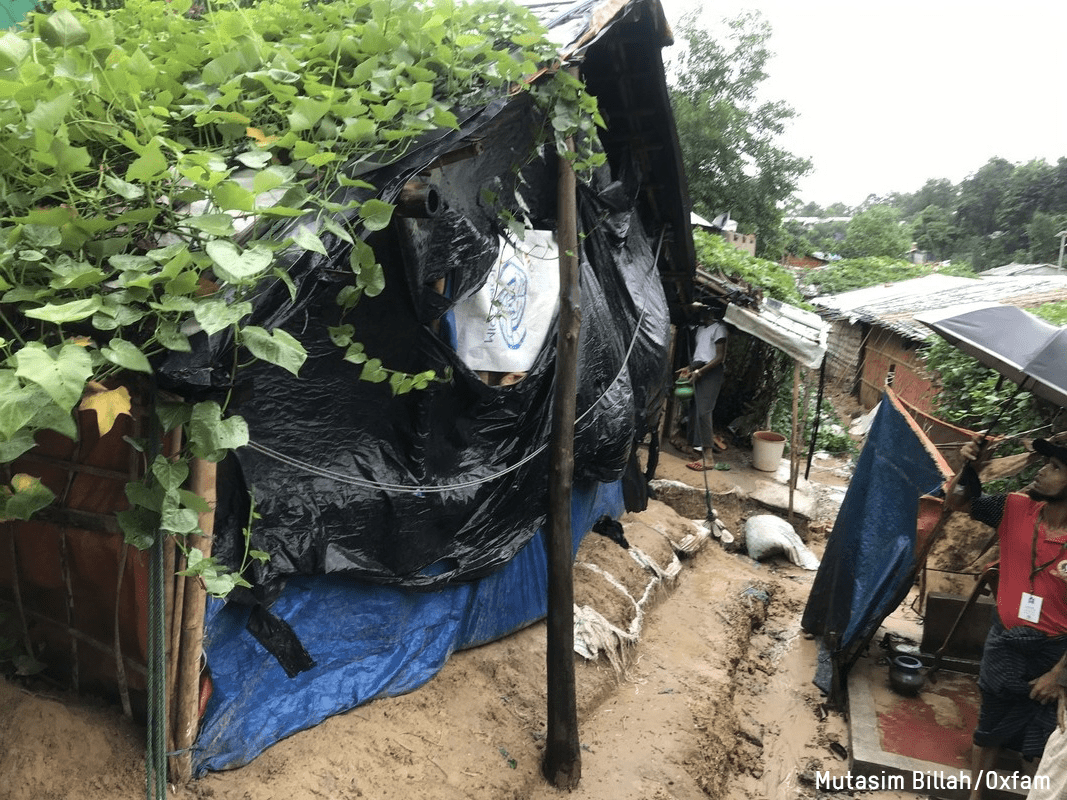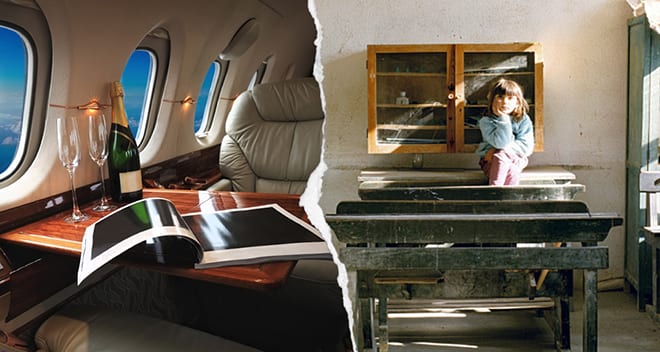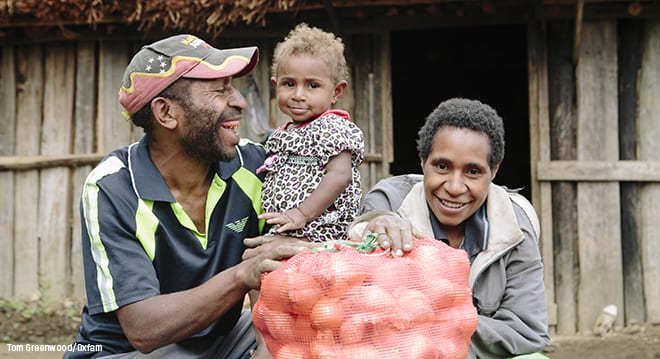Climate crisis and conflict driving rise in hungry people.
Responding to new figures released by the United Nations Food and Agriculture Organisation (FAO) today, which show that the number of hungry people has risen for the third year in a row, mainly as a result of conflict and the climate crisis, Oxfam International’s Executive Director Winnie Byanyima said:
“Despite spiralling hunger and two global food price crises in a little over ten years, hunger has fallen off the political agenda.
“Governments need to urgently agree new strategies that tackle the key drivers of hunger – the climate crisis, conflict, and a global food system which puts narrow commercial interests ahead of the needs of hungry communities, small-scale farmers and sustainable farming.
“Governments must change agriculture policies, so they contribute to the fight against hunger. They must urgently cut greenhouse gas emissions and help farmers adapt their agriculture to the more extreme and unsettled climate. They must increase their efforts to end violent conflicts and war and make humanitarian aid available to meet the food needs of millions of people affected by crises.
“Governments must strengthen the support provided to women: they make up nearly half of food producers in development countries, but typically eat last, least and least well when households run short of food.”
Notes to editors:
- Oxfam spokespeople are available for interviews and background.
- Oxfam’s new report “Gender inequalities and food insecurity: 10 years after the food price crisis, why are women farmers still food insecure?” analyses the reforms implemented since the food price crises in 2007-2008 and 2010-2011, and it highlights why these reforms will not be enough to prevent another crisis or end hunger.
- Women play a crucial role in agriculture, feeding hundreds of millions of people worldwide. Yet, they face systemic discrimination – for instance when it comes to the right to own land or access to credit. Moreover, the FAO has repeatedly highlighted that women are more likely to go hungry than men. They are also disproportionately affected by climate change, conflict and displacement.
- In a first food price crisis, the price of food commodities rose by 83% between early 2007 and May 2008. A similar spike in food prices happened again between 2010 and 2011. These spikes were driven by a range of factors, including food price speculation, increased global demand for biofuels, decreasing food stocks, the diversion of food for livestock, and extreme weather events linked to climate change. Structural problems which also contributed to the spike in food prices include the liberalization of agricultural trade, the concentration of distribution and input supply in the hands of a few corporations, the marginalization of smallholder farmers, declining public investment in agriculture and decreasing development aid to small-holder agriculture.
- In a 2008 report, the World Bank states that growth in small-scale agriculture is two to four times more effective at reducing in hunger and poverty than growth in any other sector.











